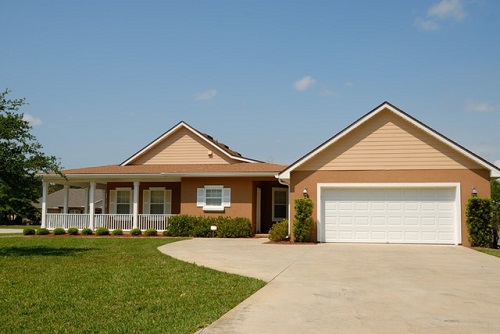
It may seem strange that around 42% of those between the ages of 65 to 74 have home-secured debt, but it turns out that a 20 to 30 year mortgage plan is no longer the vision and mission of those on the way to retirement. Instead, seniors who have already crossed the 70-year mark are now approaching their banks for mortgages, and here’s why.
The Tax Man Gets Less
There are few things as frustrating for anyone on the brink of retirement than reviewing those tax figures. By purchasing a property, retirees have access to certain tax breaks that may leave some wiggle room for other investments and projects. By applying for a mortgage instead of purchasing the property cash, owners also stand to lose a little less in some circumstances should the property market crash. If the property devalues below the initial purchase value, the homeowner will only lose on the installments they’ve paid up to that point.
More Wiggle Room to Negotiate Rates
There are a number of reasons why retirees are in the ideal position to negotiate their rates, and financial security is just one of them. This is because pensions and social security checks are pretty consistent, and it will take massive market shifts for this to change. This makes them far less of a risk than those who work for themselves or even for a company. Then there is the obvious track record that seniors have, which provides the financial institution with all the factors they need to determine risk. These include willingness and ability to pay their loans, which is usually gleaned from the credit score. Financial institutions can further mitigate their risk by requesting the cession of a life policy which will cover the outstanding mortgage in full on the death, disability, or diagnosis of a dreaded disease of the payer.
It Makes Sense to Look at Other Investment Options
The lump sum cash that was destined for the mortgage has a high possibility of earning a greater return on stocks or bonds. However, the risk is far higher and should only be taken on when the investor is experienced and, in a position, to recuperate from any losses. The access to those funds means investors have more options, whereas, with property, it’s tied up to an asset with very slow appreciation.
Having a mortgage up to the age of 99 might seem like a strange decision to make, however, in the case of some it makes perfect sense. Use those negotiating skills to lock down the best terms and conditions and pricing.


Comments